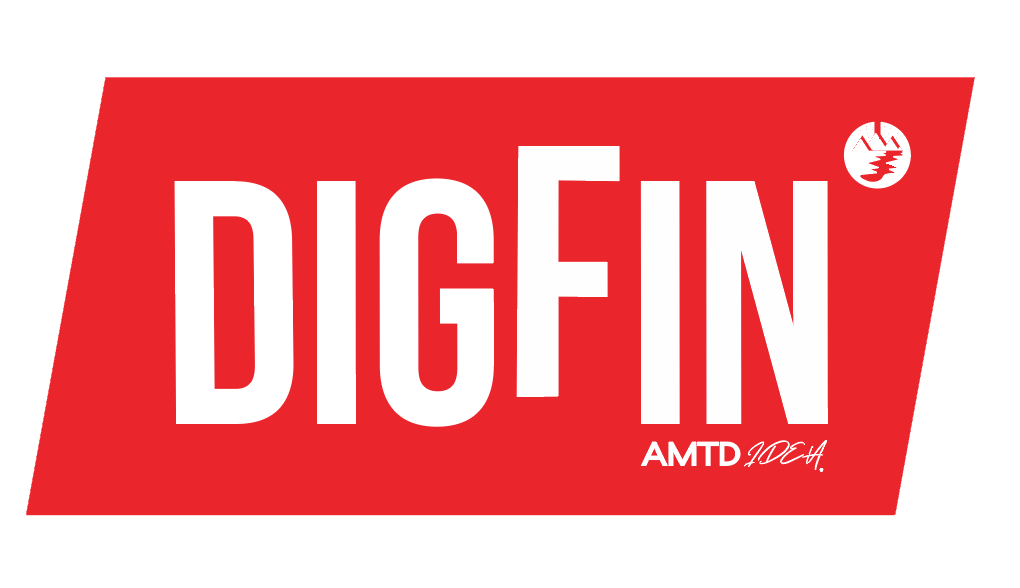Charles Wong, CEO at Hong Kong-based Prive Managers, a technology company that designs processes and solutions for wealth managers and family offices, says the company is releasing updates that could make it more attractive for firms to target a broader set of investors.
The traditional model for private banks and independent investment advisors is to throw resources at attracting and servicing the wealthiest customers. And Prive Managers’s software-as-a-service was developed to help private banks, insurers and independent advisors do a better job of exactly that.
But, Wong says, the Prive platform can also be used to let wealth managers offer all kinds of products or services to all customer tiers, including mass retail.
“Individuals can invest like billionaires too, at low cost,” Wong told DigFin.
API economy
Prive Managers is rolling out API tools that could let its customers, which are licensed financial institutions, digitize and cater to market segments that they have tended to avoid because the cost has been too high.
For example, Prive has developed API tools, still awaiting patents, to offer a personalized portfolio that can be traded and rebalanced without an advisor. Another example is fractional shares. The minimum investment amount into basic asset classes can be high, because securities are sold in lots, or expensive units. But Prive is working to allow fractions to be sold, so that wealth managers can distribute these at much lower minimums. The company is also looking to make insurance products better integrated into the wealth-management process.
“If a private bank is to service its clients, it can’t be done with a simple robo advisor,” Wong said. “It needs personalization, at low cost.”
Scaling the personal
Prive Managers was established in 2011 as a reaction to the 2008 global financial crisis. Wong and his partners sought to transform Asian wealth management from a mentality of pushing products, to providing advice. But the industry’s setup precluded any such transformation, so the startup built a series of modules to replicate the private-banking experience without repeating banks’ I.T., which over many years has become fragmented and jerry-rigged.
By providing an integrated SaaS business, banks and others could learn how to offer customers a more satisfying experience at lower cost. Eventually the company’s model was validated by its onboarding by the likes of Citi in Asia and UniCredit in Europe.
In January, Prive co-founder and CTO Julian Schillinger told a conference audience that Prive Managers is building tools to help clients address the middle market in wealth, for people with net worth in the $500,000-to-$10 million range – a segment for which basic robo is insufficient, but who are not rich enough to enjoy the full high-touch service of a big private bank. The company is now profitable, Schillinger said.
KYC wedge
Today the company is trying to grow its Asia business by using its compliance modules as a wedge, Wong told DigFin. “Our clients need a legal framework to enable fast and efficient onboarding of customers – that’s our opportunity,” Wong said. In addition to private banks, the company is trying to attract more family offices to use its software, and compliance is a challenge for these smaller institutions.
The company has a KYC tool that gives relationship-managers and onboarding teams a customizable roadmap to review and accept new customers. Prive doesn’t do KYC itself, but it provides clear steps that are meant to help customer interviews run more quickly and smoothly, and to guide banks through the compliance process.
For now, Wong says, the firm’s clients have used Prive Manager’s software to improve their front, middle and back-office processes for existing high-net-worth businesses.
Wong says the industry can’t sustain focusing its efforts on serving the mega-rich and ignoring the mass market. “What’s better for society, serving one billionaire, or thousands of people earning a hundred thousand dollars?” he asked.
He hopes that by making his company’s software easy to roll out to middle-income customers on a personalized basis, private banks will begin to rethink their emphasis on serving the ultra-high-net-worth.















